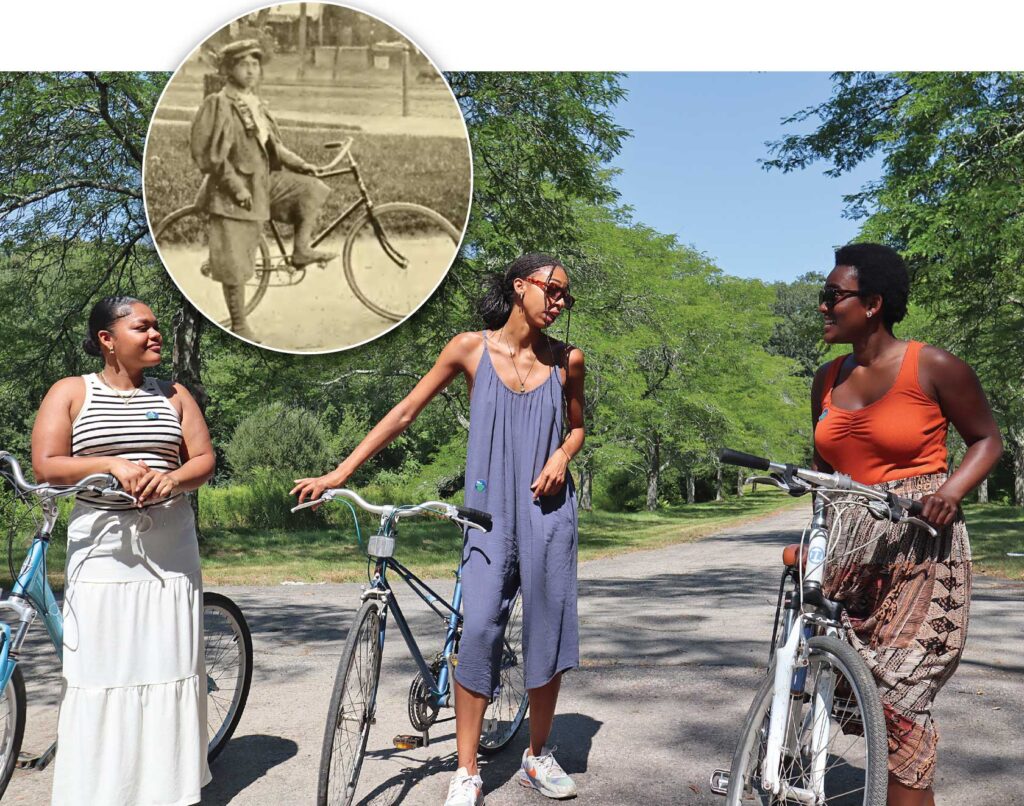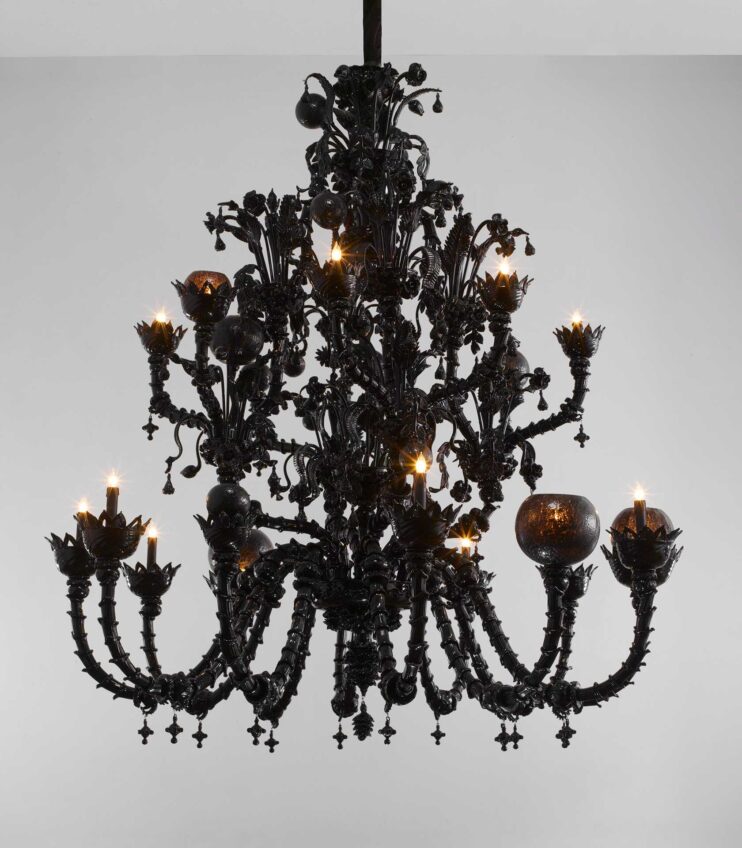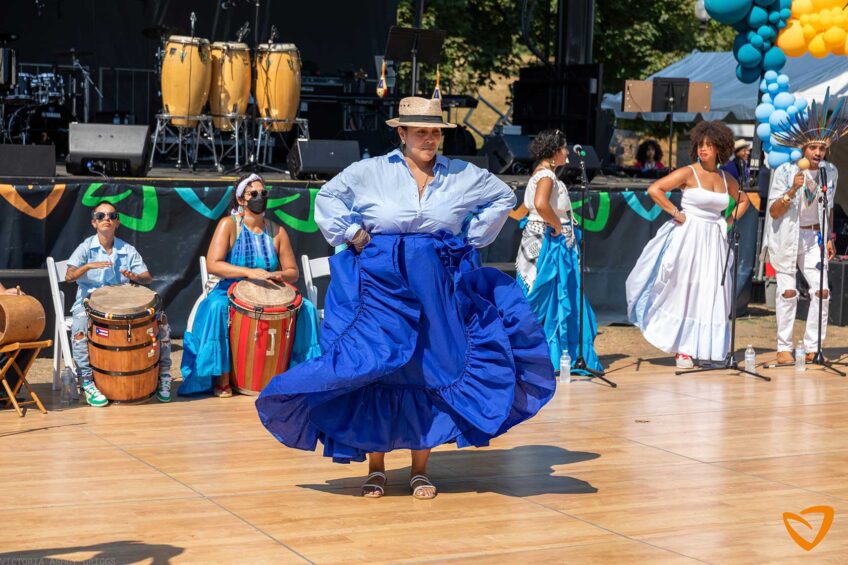
Banner Arts & Culture Sponsored by Cruz Companies
Plays in Place is a local theater company known for its site-specific, historically based performances. The company is about to debut a trilogy of plays performed in a most unusual way: on bikes. Produced in collaboration with Mass Bikes, “The Kittie Knox Plays” tell the story of a pioneering Black female bicyclist and Cambridge native. And the actors performing the plays will be doing so while riding bikes.
This project began differently from most Plays in Place works. Instead of partnering with a historic site or getting a commission from a local organization, the group was approached by historian Lorenz Finison, author of “Boston’s Cycling Craze, 1880–1900” and a longtime fan of Knox.
“It was such a good story,” said Patrick Gabridge, founder and producing artistic director of Plays in Place. “She’s a lively and fascinating person and we hope we can do her justice.”
“The Kittie Knox Plays” features three, 20-minute plays written by Gabridge, Obie Award-winner Kirsten Greenidge and Claire Gardner and directed by Michelle Aguillon. Finison served as a historical consultant throughout the process. Each play shows a different part of Knox’s life, and will all be performed together, with the audience walking to a new location for each vignette.
Knox was born in Cambridge and later lived in Boston. Between 1893 and 1899, during a cycling craze here in the city, she had a vibrant and rule-defying cycling career. She was the first African American to be accepted into the League of American Wheelmen. She refused to conform to gender norms, pushing for fashions that were better suited to vigorous activity, and she rode proudly as a Black woman despite tense racial restrictions around leisure activities.
Greenidge’s play follows Knox during a trip to Martha’s Vineyard, a Massachusetts island with a rich history as a welcoming vacation spot for Black Americans.
“Martha’s Vineyard is unique because it wanted to support cyclists by creating paved roads so that people could use their bicycles,” said Greenidge. “I was really interested in that first moment in the mid 1890s when Kittie Knox went there, was on the island, was very interested in cycling, and was surrounded by friends and community there on vacation.”
Bikes were an essential part of Knox’s life and are an essential part of these performances. The actors will be riding and engaging with the bikes during the production.
“The Kittie Knox Plays” will be performed on three weekends at three different locations: Sept. 13 at Cambridge Crossing, Sept. 20 at the Eustis Estate Museum & Study Center in Milton, and Sept. 27 at Christian Herter Park on Soldiers Field Road in Boston. On each day there will be 90-minute runs of all three plays at 11 a.m., 2 p.m. and 4:30 p.m. The performances are free and open to the public.
Knox died at age 26, which is perhaps part of why she is a lesser-known historical figure than other Black Bostonians. Gabridge hopes these plays will spark an interest in her, in bicycling and in seeing a fuller picture of Boston’s history.
“I think we’re looking at a challenging time in America in 1890s as we exist in a challenging time in America right now,” said Gabridge. “But also, there’s a lot of joy. Kittie brings a lot of joy. There’s Black joy in this play; there’s bike joy in this play. And I think that’s really important.”









Leave a Reply
You must be logged in to post a comment.